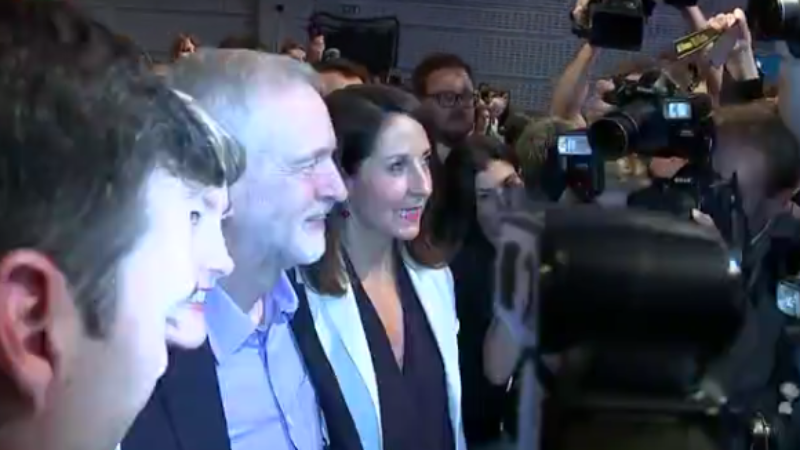
2015 has been a tumultuous year in politics. As we reach its climax, we look back now over some of the biggest shocks, changes and moments that have made this year one in politics we will never forget – however much some may want to.
1. That shock General Election result
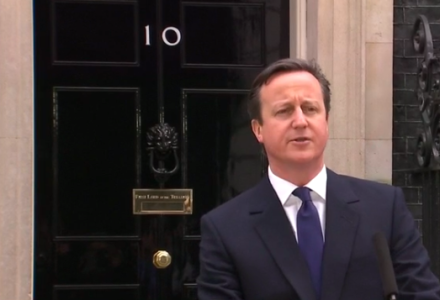
10.01 on May 8th 2015. Our heads in our hands, the LabourList team heard the results of the exit polls. We were not expecting that. We were not alone.
It’s fair to say that very few people expected an outright Tory majority. Most – including Paddy Ashdown and his hat – hadn’t quite expected the collapse of the Lib Dems to be that bad. Most had expected the Tories to be the largest Party but for Labour to have made enough progress to perhaps make coalition negotiations a possibility.
None of the polling in the run up to the election had predicted it. But the exit polls were right. In fact, they even underplayed the scale of Labour’s misery. We ended that awful night with a Tory majority government and the resignation of Ed Miliband and Nick Clegg.
2. Ed Miliband resigns
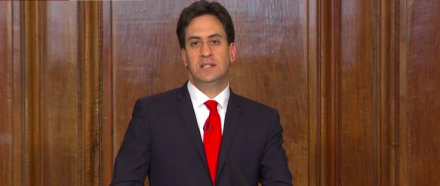
Many of Ed Miliband’s (and Jeremy Corbyn’s) harshest critics feel that it was wrong of Ed Miliband to step down so immediately. That he should instead have stayed on as caretaker through the summer to give the Party a chance to have a proper post-mortem. Others of course felt he should fall on his sword immediately.
Ed was damned if he did and damned if he didn’t. So he did what many of us frailer humans would do under the circumstances, and buggered off to Ibiza. While I can’t say I blame him, it would be fair to say that going straight into a very long and very bruising leadership contest left little room for Labour to analyse what went so disastrously wrong.
3. The Labour Leadership Contest
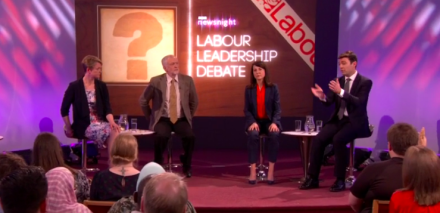
This was very much a contest of two halves – though those halves had several components themselves.
Both halves followed a similar – if unexpecrted pattern. They started out discussing who would make it through of the “mainstream” candidates and ended up being all about Jeremy Corbyn. In the nominations phase. Andy Burnham, Yvette Cooper and Liz Kendall got through pretty smoothly. It was clear though that Jeremy Corbyn did not command the support of the 35 MPs needed to make the ballot. Like Diane Abbot in 2010, her would need to be leant the nominations of MPs supporting other candidates to get onto the ballot. Immediately there was pressure on MPs from their parties – and particularly from social media. The momentum built to such a pitch that ensuring Corbyn was on the ballot to “widen the debate” became the only thing anyone was talking about.
Once on, it would be safe to say that neither Jeremy nor his rival expected him to win. His like-minded friend Diane had come last the time before and all the other candidates had more senior experience. Jeremy was an outsider and spoke like it. At first his rhetoric was all of changing the Party through the debate – not through his leadership. But a few decisive moments changed that and started a tidal wave that few foresaw and none of the other candidates knew how to respond to.
The change had been building for a while. There was dissatisfaction from Labour members at the choice hey felt they had before them. There was no sense that any of the leading candidates would be the one to either represent the passions that had brought them into the Party nor would be the one to truly take the fight to the Tories. There was a sense of doom that came from a Party still shell shocked from a deep defeat they hadn’t been expecting.
Then came the Welfare Reform Bill. This was a classic Osborne manoeuvre – designed to put the Labour Party and the Public on opposite sides of this always contentious debate. Interim Leader Harriet Harman was determined to listen to what the public had been saying about these issues and decided that Labour would abstain on the Bill and fight the worst parts of it in committee.
With varying degrees of enthusiasm, Burnham, Cooper and Kendall agreed to this course of action. Corbyn did not. This set him apart and made what had felt like a stale contest a real debate about a live issue. It was after this point that his vote sky rocketed. It never fell back down. By the end of a long, difficult summer, Jeremy had gone from outsider, to contender to dead cert to the elected labour Leader with a mandate made from solid iron.
4. Jeremy Corbyn’s leadership
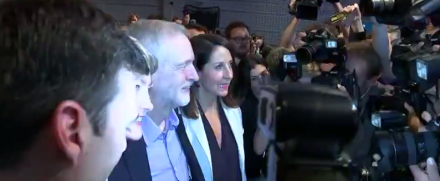
It would be fair to say Jeremy has had a difficult leadership. While he himself is charm personified (and even his harshest critics concede this to be the case) the same is not always true of his political fellow travellers. His ameliorative nature surrounds a steely core of beliefs that he both holds consistently and truly and believes that he has been elected on. These include the twin beliefs of anti-austerity and anti-intervention.
Jeremy has appointed a team that reflect these beliefs. His Shadow Chalcellor John McDonnell is his closest political ally and his Director of Strategy Seamus Milne is a long time fellow traveller in campaigning against all Western military interventions. These were not uncontroversial appointments – there was a sense that Jeremy was stamping his authority. But with a mandate as strong as his, he has authority to stamp.
Things came to a real head after the terrorist atrocities in Paris, when France asked the UK to join them in extending bombing to Syria. As a NATO country we are bound by various treaties to do so, though many (reluctantly including myself) felt the case for this specific action had not quite been made. the Labour Party and the PLP were split as never before. The vitriol was unlike anything I have seen since the early 80s (and I was just a kid then). Ultimately a free vote for Labour was granted and MPs voted with their conscience in both agonising directions.
5. The Oldham by-election
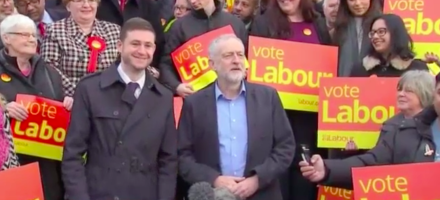
This was seen as Corbyn’s first really big electoral test. If so, it must be said that despite the scepticism, he passed. As did the fantastic candidate Jim MCMahon. Expectations had been managed down in what was (and remains) as safe Labour seat, but once again, UKIP proved to be the dog that did not bark.
It is safe to say it’s been a difficult year for Labour. It’s equally safe to say next year will be hard too. Perhaps now at Christmas, as we take a couple of weeks off to think about what is really important, we can reflect as much on what unites as divides us. Find what makes us a Labour family and come back fresh and renewed ready for the fight.
Merry Christmas everyone.




More from LabourList
Almost half of Labour members oppose plans to restrict jury trials, poll finds
‘How Labour can finally fix Britain’s 5G problem’
‘The University of the Air – celebrating 60 years of Harold Wilson and Jennie Lee’s vision’